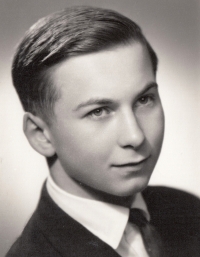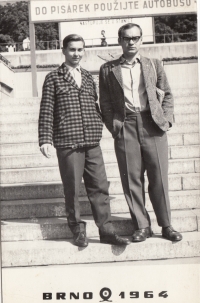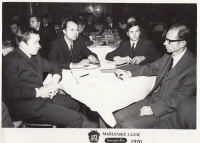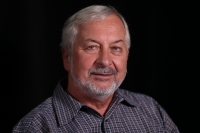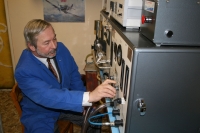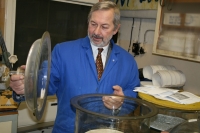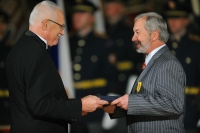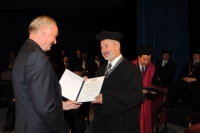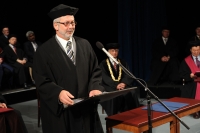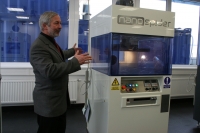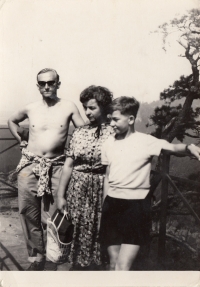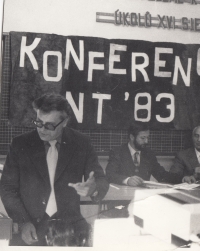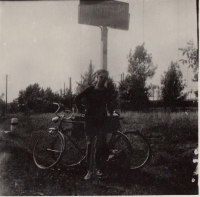We wanted our discoveries to be usable

Stáhnout obrázek
Oldřich Jirsák was born on 22 July 1947 in Hradec Králové. In 1965 - 1970 he studied mathematics and chemistry at Palacký University in Olomouc. He perceived the transformation of the faculty at the beginning of normalization. After one year of military service, he joined the Chemlon state enterprise in Humenné, Slovakia as a researcher. He focused mainly on research of nylon fibers in order to improve their properties in clothing production. Later he joined the Technical University of Liberec, where he became a member of the team of prominent professor Radko Krčma. He participated in the development of Struto technology. Although he had limited resources for scientific work under socialism, he achieved academic recognition at this time. After the Velvet Revolution, he was awarded the title of professor and became the head of the Department of Nonwovens in Liberec. Together with his team he started to research nanofibers and nanofibrous materials. In 2003, he succeeded in discovering a unique technology for the industrial production of nanofiber woven textiles, the so-called Nanospider. He has won many awards for his success. Among the more well-known, for example, the title Czech Head. In 2008 he was awarded the Medal of Merit of the State in the field of science by the President of the Republic. Many of the discoveries of Oldřich Jirsák and his team are of worldwide importance.
